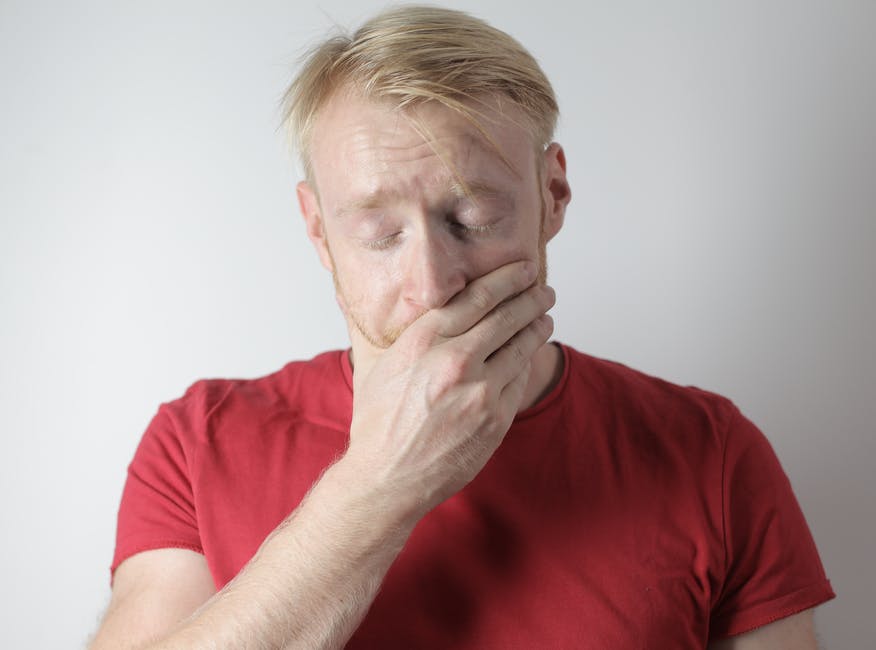Did you know that GERD (Gastroesophageal reflux disease) affects the digestive system and could cause long-term hiccups? Those who are pregnant or overweight are more likely to develop it.
But what other conditions could cause hiccups? While it can feel overwhelming to figure out the causes of hiccups, especially if it’s been long-term, it doesn’t have to be! Read this guide on the various causes of hiccups today.
What Are Hiccups?
Hiccups are uncontrollable contractions of the diaphragm. This is the muscle below your lungs. Diaphragms also regulate breathing. When diaphragm contractions are off, they cause hiccups. You can go here for a way to stop hiccups.
Short-term Hiccups
Short-term hiccups are when they last shorter than 48 hours. It’s easier to eliminate short-term hiccups since they don’t last long. They could be caused by stress, swallowing too much air, drinking soda, eating spicy food, etc.
If you’ve received anesthesia, had surgery, experienced emotional responses, or are male, you’re more likely.
Other causes could include the following:
- Changes in temperature
- Feeling nervous
- Eating too much
- Eating fast
- Stress
- Chewing gum or candy and swallowing air
- Alcohol abuse
- Electrolyte imbalance
- Parkinson’s Disease
- Cancer
- Chemotherapy
Long-term Hiccups
It’s harder to stop hiccups when they’ve been happening for a while. It could be caused by the aggravation of the nerves or damage to the diaphragm.
A cyst, goiter, or tumor could cause damage to this area and cause problems. Metabolic disorders, encephalitis, and kidney failure could cause these as well.
Talk to your doctor if the hiccups last longer than two days. Especially if they interfere with breathing, eating, sleeping, etc.
Some metabolic disorders include:
- Steroids
- Anesthesia
- Alcoholism
- Diabetes
- Barbiturates
- Kidney disease
- Electrolyte imbalance
- Tranquilizers
Central nervous system disorders include:
- Stroke
- Meningitis
- Encephalitis
- Traumatic brain injury
- Multiple sclerosis
Nerve Damage
Even hair could cause damage to the phrenic and vagus nerves. Some other irritants include a sore throat, GERD, or something in your ear touching the eardrum.
Eating
Every time you breathe in, the diaphragm contracts. Air is sucked into the lungs when they expand.
Food choices, the way you eat, and emotional stress could cause hiccups. If you’re under much stress or are excited, you could also experience them.
Some hiccups will only occur after eating. If you have hiccups persist from other times, speak with your doctor.
Overeating or eating too fast could cause hiccups. When you eat too fast, this causes excess air to build. Slow down and be more mindful about the foods you are eating.
Better Understanding the Causes of Hiccups
After exploring this guide, you should better understand the causes of hiccups. Take your time identifying what’s causing them, and speak with your doctor about long-term hiccups.
Would you like to read more content that can inspire and educate? Then, be sure to check out our other articles today! From lifestyle to health content, we have you covered.







